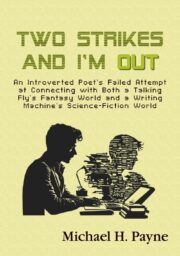Diversity Plus: Diverse Story Forms and Themes, Not Just Diverse Faces
by Henry Lien (This article originally appeared in The SFWA Bulletin #215.) Something I’ve noticed repeatedly in my author appearances, conference panels, and lectures is that discussions about representation and diversity in the arts today focus on the importance of diverse characters and creators. As crucial as that is, diversity can and should also include […]


